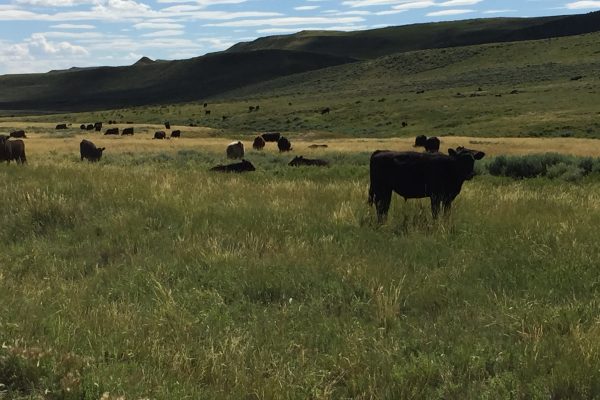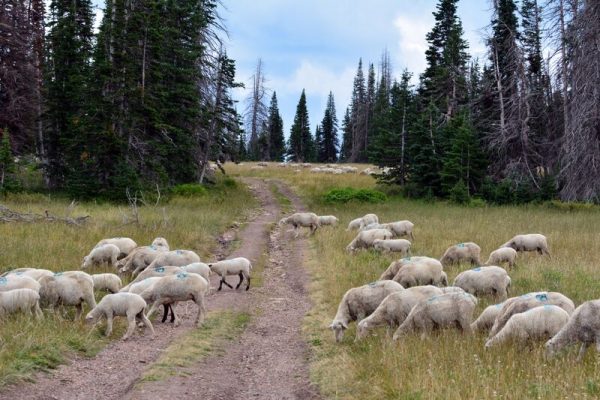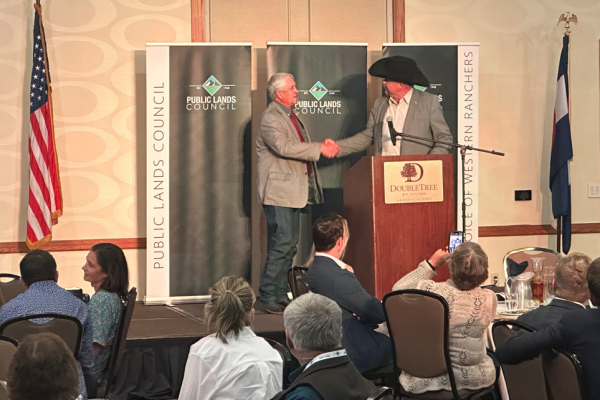WASHINGTON (January 4, 2017) – The Public Lands Council and the National Cattlemen’s Beef Association issued federal land management priorities for the new administration to bring responsible management and economic viability back to the Western landscape.
“Ranchers and other multiple-use interests in the West have been subjected to an almost wholesale shift in federal land management policy under the Obama administration,” said Dave Eliason, PLC president. “While the Bureau of Land Management has a clear directive to manage BLM lands for multiple use and sustained yield, instead focus has shifted toward ‘conservation’ without responsible management. The priorities laid out by the associations are necessary to restore balance to federal land management and set an agenda that will ensure that ranchers can continue their tradition of stewardship well into the future.”
Within the first 100 days in office, the associations are calling on the administration to bring an immediate halt to the Sage Grouse Resource Management Plans, repeal the sprawling monument designations made through abuse of the Antiquities Act, address the critical habitat designations imposing stifling restrictions on landowners, and immediately withdraw EPA’s “waters of the United States” rule and the Bureau of Land Management’s planning 2.0 rule.
Long-term, attention must be paid to the National Environmental Policy Act, as reform is necessary to streamline and improve the process. Additionally, the incoming administration must take the steps necessary, in conjunction with Congress, to reauthorize and reform the Endangered Species Act. It is time to restore some balance to this failing law. Recovery plans must be structured for achievable on-the-ground results – not intangibles like climate change; prioritization must be on recovery, not simply the “listing rate,” and resources must be directed toward delisting of those species that have been successfully recovered. Further, work must be done to address the exploding population of wild horses and burros. The unchecked population growth is not only exponential government waste; it is most likely the greatest example of inhumanity toward livestock; standing idly by while populations starve due to expansion well beyond range-carrying capacity.
“Ranchers that operate on federal lands protect water sources used by livestock and wildlife, maintain fence lines, reduce spread of invasive weeds like cheatgrass and medusahead, and decrease the fuel loads that lead to catastrophic wildfire,” said Tracy Brunner, NCBA President. “Despite these contributions, beneficiaries of our work continue to attack responsible grazing, essentially biting the hand that feeds them. It is time these groups – whether they be wildlife advocates, environmental organizations, or recreational interests like hikers and sportsmen – put politics aside and appreciate the hard work required to provide them with the quality outdoor experiences they all cherish.”
PLC, NCBA, the American Sheep Industry, and the Association of National Grasslands as well as the associated western affiliates, urge the incoming administration to reevaluate the flawed policies driven by radical special-interest groups and take advantage of the tremendous benefits and opportunities available through restoration and enhancement of responsible grazing on federal lands.




